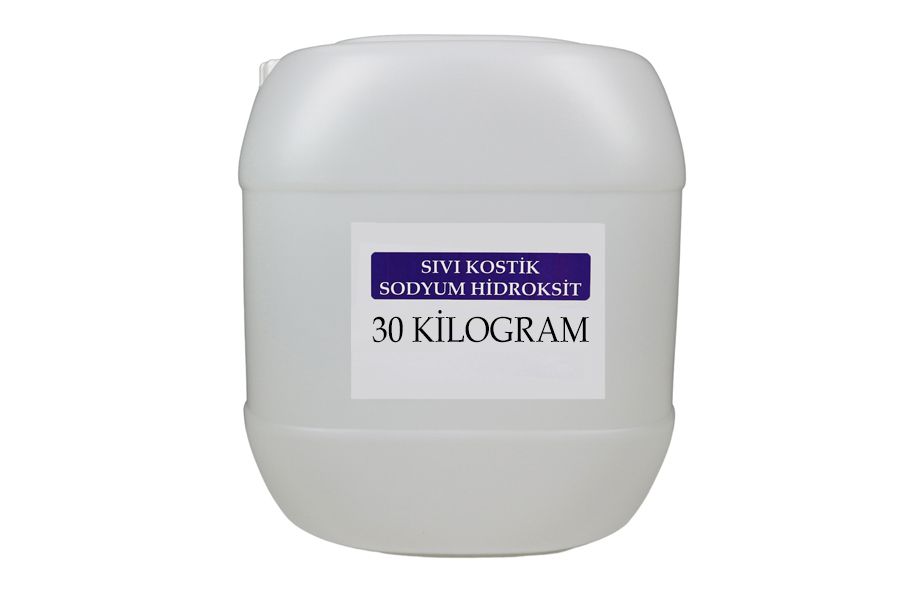Definition and Uses :
Pure sodium hydroxide is a colorless, crystalline solid that melts at 318 ° C without decomposition. It is highly soluble in water, with lower solubility in ethanol and methanol, but is insoluble in ether and other nonpolar solvents.
Similar to the hydration of sulfuric acid, dissolving solid sodium hydroxide in water is an extremely exothermic reaction in which a large amount of heat is released, posing a safety hazard due to the possibility of splashing. The resulting solution is usually colorless and odorless. As with other alkaline solutions, it becomes slippery on contact with the skin.
Sodium hydroxide reacts with protic acids to produce water and related salts. For example, when sodium hydroxide reacts with hydrochloric acid, sodium chloride is formed:
NaOH (aq) + HCl (aq) → NaCl (aq) + H 2 O ( l )
In general, such neutralization reactions are represented by a simple net ionic equation:


